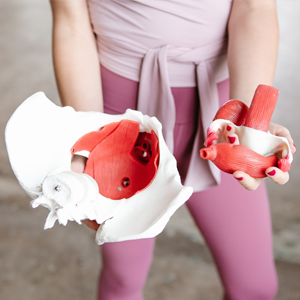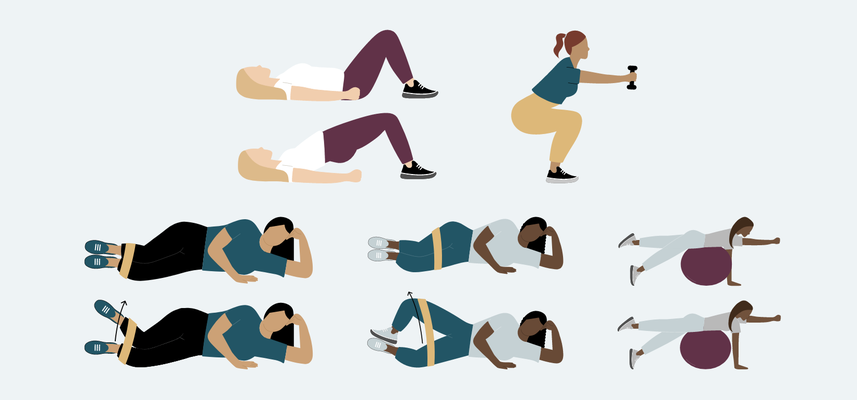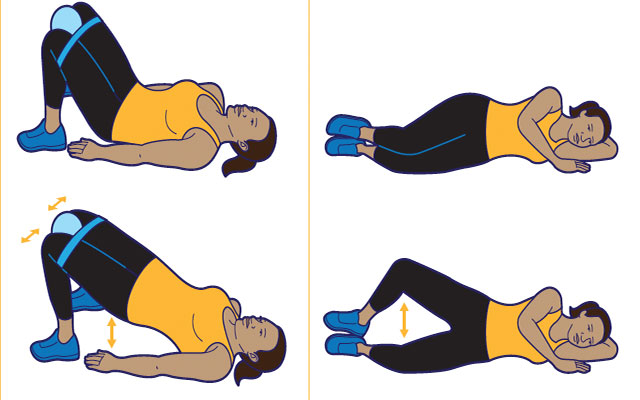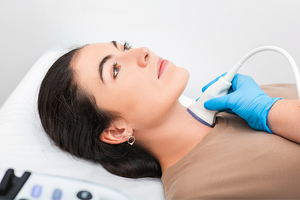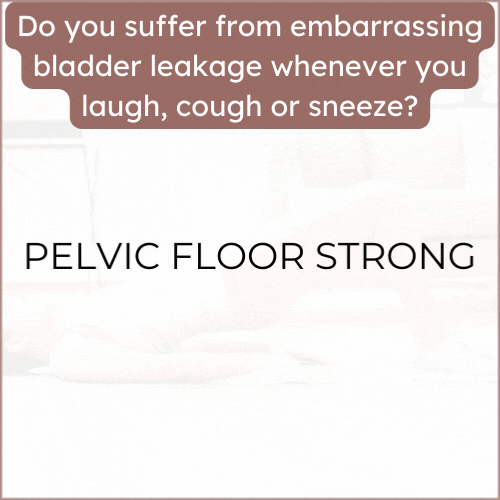Why Urinary Incontinence Is So Common in Women Over 40?
Urinary incontinence is common in women over 40 due to a combination of factors, including:
- Age-Related Changes: As women age, there are natural changes in their bodies. Muscles that support the bladder and urethra may weaken, leading to reduced bladder control.
- Hormonal Changes: Menopause, which typically occurs around this age, leads to a decrease in estrogen levels. Lower estrogen levels can affect the strength and elasticity of the tissues in the urinary tract, potentially contributing to incontinence.
- Pregnancy and Childbirth: Many women in their 40s have experienced pregnancy and childbirth, which can stretch and weaken pelvic floor muscles. This can result in stress incontinence, where urine leaks during activities like coughing, sneezing, or exercising.
- Obesity: Weight gain is more common as people age, and excess weight can put additional pressure on the bladder and pelvic muscles, increasing the risk of incontinence.
- Medical Conditions: Certain medical conditions, such as diabetes and urinary tract infections, become more prevalent with age and can contribute to urinary incontinence.
- Medications: Some medications prescribed for age-related health issues may have side effects that affect bladder function.
- Lifestyle Factors: Dietary habits, such as consuming caffeine and alcohol, can irritate the bladder and worsen incontinence symptoms.
- Genetics: Family history can play a role in the predisposition to urinary incontinence.
It's important to note that while urinary incontinence is common, it is not a normal part of aging. Many effective treatments and management strategies are available, including pelvic floor exercises, lifestyle changes, and medical interventions. Women experiencing urinary incontinence should consult a healthcare provider for a proper evaluation and personalized treatment plan.














